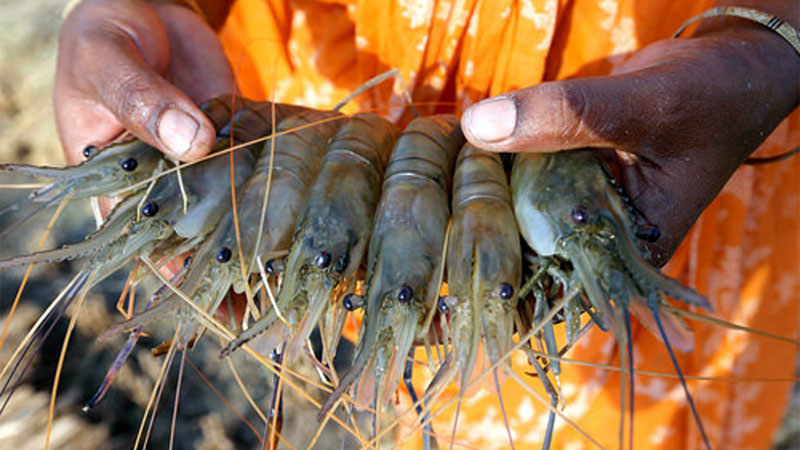Exclusive content

Lagos, Nigeria’s economic powerhouse, is making significant strides in the aquaculture sector, with a particular focus on shrimp farming. The state government has ramped up efforts to support this burgeoning industry through infrastructure development, training programs, and investment incentives.
With shrimp farming increasingly recognized as a key driver of economic growth and employment, Lagos is positioning itself as a major player in Africa’s aquaculture landscape.
A Surge in Shrimp Farms Amid Government Support
According to the Lagos State Ministry of Agriculture, the number of shrimp farms has surged by 50% over the past year, with ambitious plans to double that figure by 2026. This growth is part of a broader strategy to diversify the state’s economy, reduce reliance on traditional sectors, and tap into the lucrative global shrimp market, which is projected to reach $69.3 billion by 2027, according to industry reports from Research and Markets.
Lagos has focused on establishing state-of-the-art shrimp hatcheries and processing plants, as well as partnerships with international aquaculture firms to bring in advanced farming techniques. These efforts mirror trends seen in other shrimp-producing regions, such as the Gulf Coast in the United States and parts of Southeast Asia. However, Lagos holds a competitive edge due to its lower production costs and a rapidly expanding domestic market, which has seen shrimp consumption rise by 20% annually over the past five years, according to the Nigerian Bureau of Statistics.
Challenges in Disease and Financing
Yet, the sector faces significant challenges. Disease outbreaks, particularly the White Spot Syndrome Virus (WSSV), have been a persistent threat to shrimp farms worldwide, and Lagos is no exception. The virus, which can decimate entire shrimp populations, has caused an estimated $1 billion in losses globally each year, according to the Food and Agriculture Organization (FAO).
In addition, access to financing remains a critical bottleneck for small-scale farmers, who make up the majority of the industry. Despite these hurdles, Lagos benefits from its strategic location, abundant water resources, and growing pool of skilled labor, which could propel it to the forefront of Africa’s shrimp production.